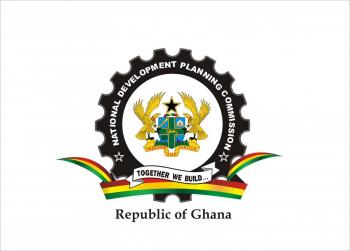Addressing WASH issues through innovative approaches and practices to attain national and 2030 SDG targets
 The National Development Planning Commission (NDPC) has collected together with IRC Ghana a series of best practice stories on meeting the Sustainable Development Goal (SDG) challenges for water, sanitation and hygiene (WASH).
The National Development Planning Commission (NDPC) has collected together with IRC Ghana a series of best practice stories on meeting the Sustainable Development Goal (SDG) challenges for water, sanitation and hygiene (WASH).
The NDPC, which advises the President of Ghana on development strategies, selected three districts to highlight successes and challenges in the provision of water and sanitation services. The three districts, Bongo, Wassa East and Asutifi North broadly illustrate good practice in the north and middle ecological zones. All three have made strong efforts to improve access to water and sanitation and have embraced innovative approaches.
The SDG goal for WASH (SDG 6) is to ensure the availability and sustainable management of water and sanitation for all, by the year 2030. Overall, in 2017, 19% of the population in Ghana missed out on access to at least a basic level of water services and only 36% were using safely managed water accessible on the premises.
Dr Kodjo Mensah-Abrampa, Director General of the NDPC, sees great value in the ability of districts to learn from one other. "Having good examples is fantastic. If we are able to emulate them and use that to plan in the country, then we can talk about success." He recognises the provision of safe water as a highly visible and important issue that affects everyone's daily lives. The task to achieve good sanitation is even greater since almost one in five (18%) Ghanaians was still practising open defecation. "It is challenging to the people of Ghana as to how we can reduce it."
As the body responsible for coordinating, monitoring and evaluating Ghana's development policies, programmes and projects, the NDPC has developed a platform to monitor progress towards the Sustainable Development Goals.